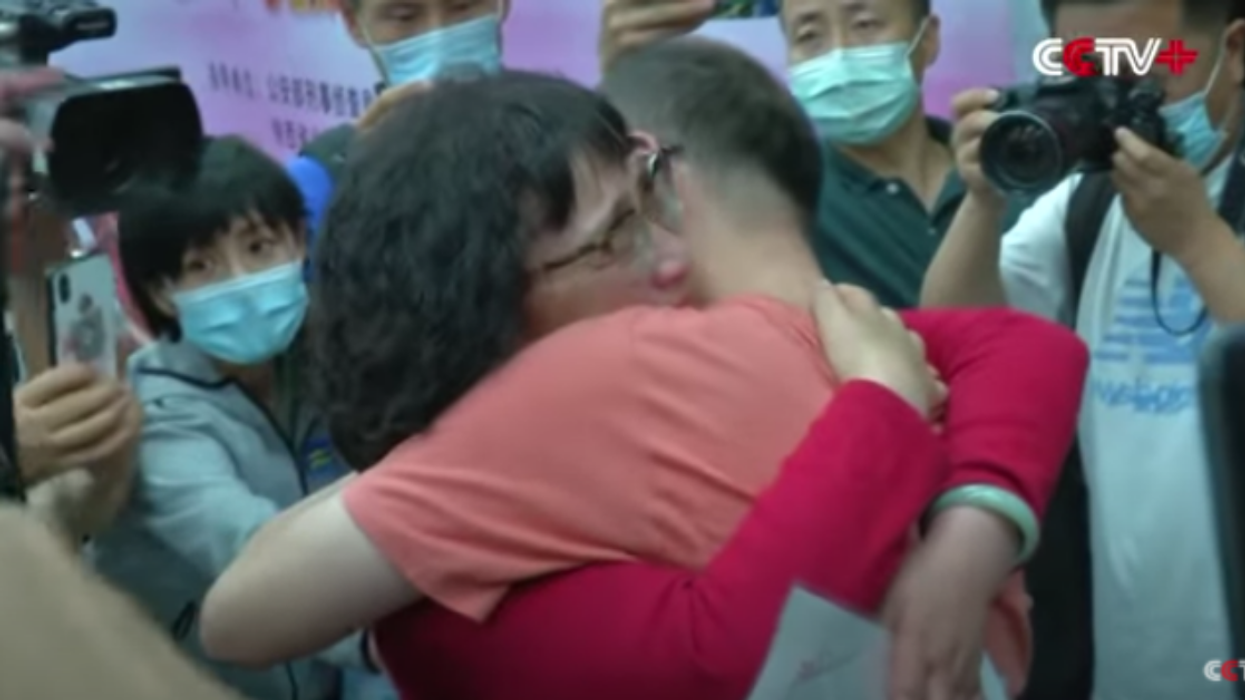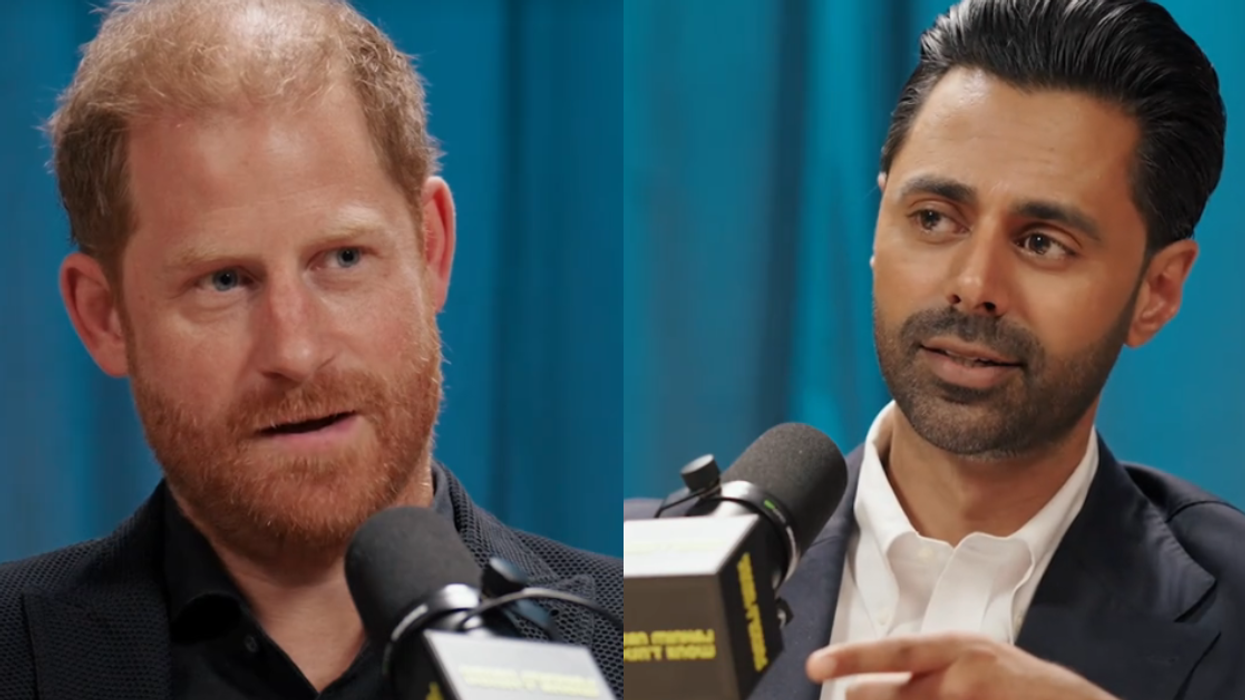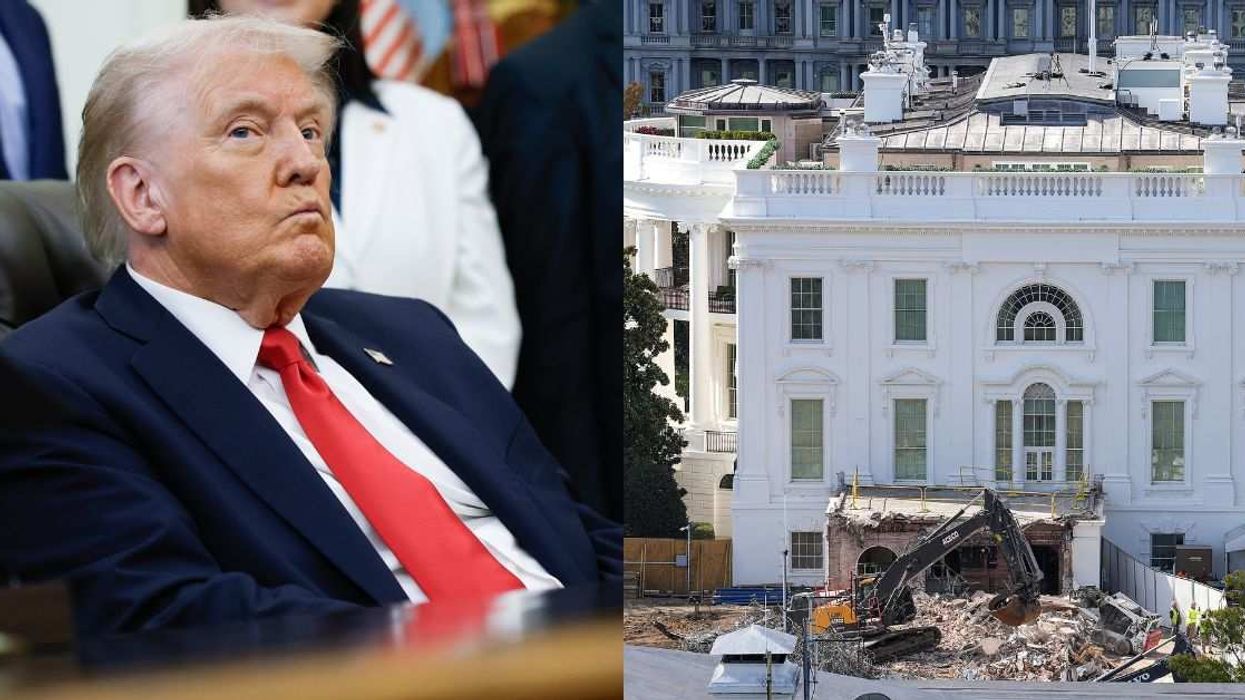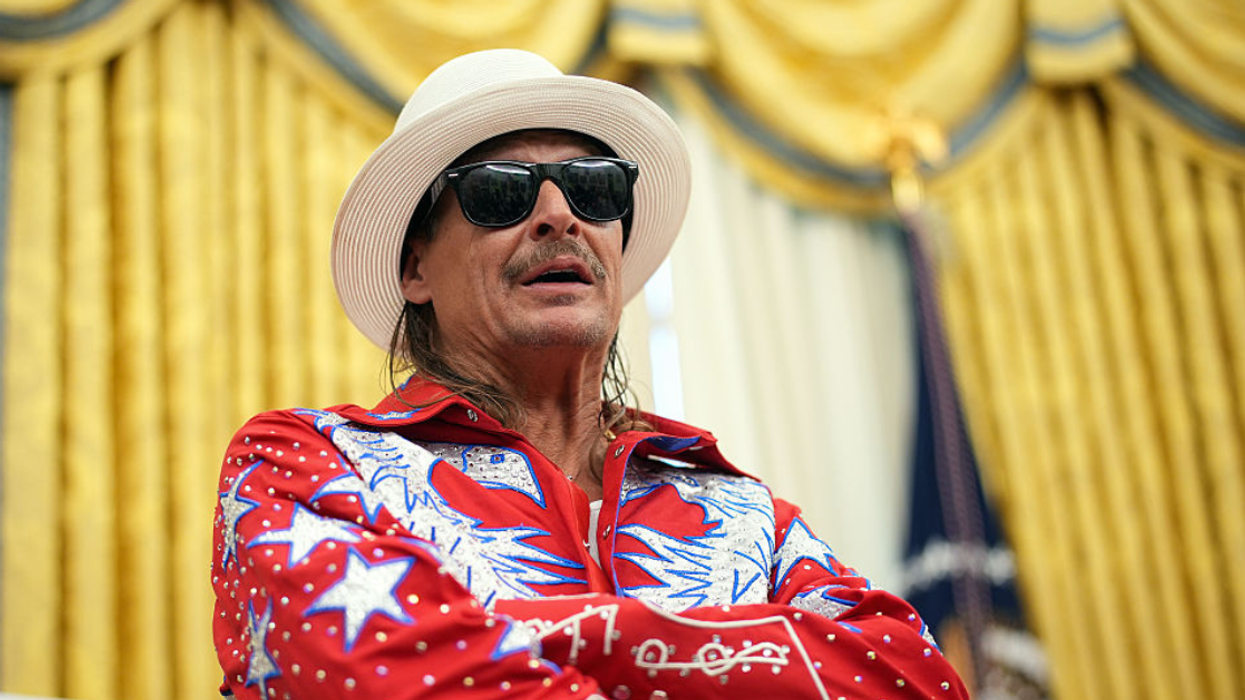Mao Yin, 34, would occasionally see a tragic woman, Li Jingzhi, on television throughout his life.
The ailing mother regularly appeared on television shows across China to plea for help in searching for her son who'd been abducted decades ago as a two-year-old boy.
Mao Yin had no idea he was that toddler.
According to the South China Morning Post, Mao Yin's life changed when he was walking home from kindergarten with his father, Mao Jingzhi, in 1988. Mao Yin wanted some water, and his father went to a nearby hotel to get some.
In that moment, when his back was turned, Mao Yin was taken. Mao Yin was eventually sold to a couple in the neighboring province that didn't have any children, BBC reported.
He cost $840 (inflation adjusted).
32 years later, Mao Yin was identified, located, and brought back to his parents.
The homecoming began when Xian police received a tip. Someone told authorities that a man in Sichuan—the province where Mao Yin was bought and sold in 1988—purchased a child from the neighboring Shaanxi province around that time, CNN reported.
After receiving the tip, police then used a photo of Mao Yin as a toddler to create an image of what he could look like as an adult.
Police then cross-referenced the simulated adult image with photos in the national database using facial recognition technology. Mao Yin was a close enough match to press further.
Police found him and completed a DNA test. The results proved without a doubt that Mao Yin was the son of Li and Mao Jingzhi, abducted so long ago.
The reunion was an emotional one.
Li Jingzhi told reporters now that her son is back, he's not going anywhere.
"I don't want him to leave me anymore. I won't let him leave me anymore."
Twitter had plenty of hot takes on the heartwarming story.
So next time you come across someone on a rant about all the problems of technology and facial recognition software—and you're in the mood to play devil's advocate—keep this success story in the back of your mind.
















